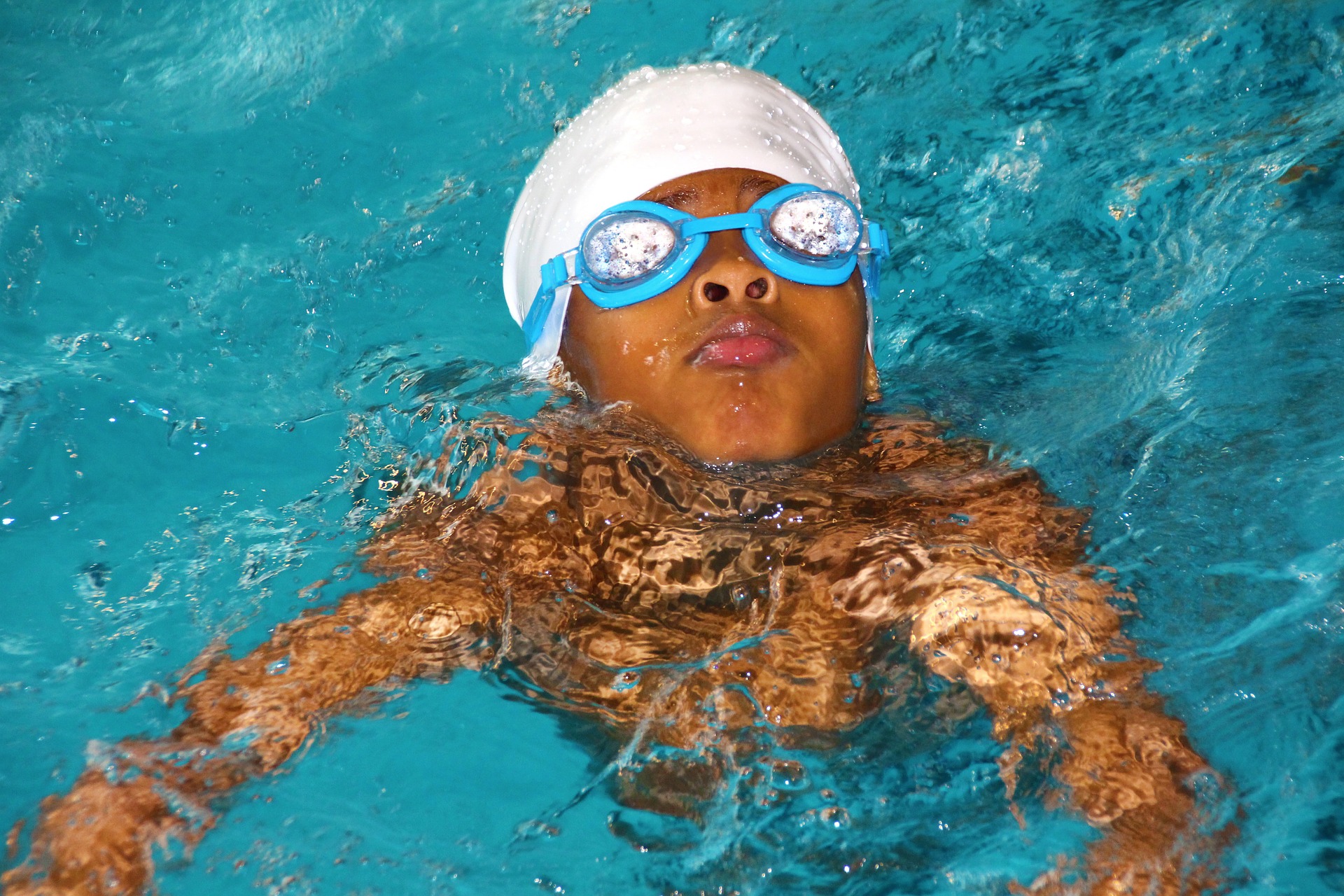Recently, a Slate article titled “Swim Lessons Won’t Keep Your Toddler From Drowning” by Melinda Wenner Moyer, a mother and parenting advice columnist, began making the rounds online.
In it, she talks about two traumatic incidents in which her small son nearly drowned. She enrolled him in swim lessons after the first incident, but after some research, realized that learning how to swim doesn’t by itself guarantee that a child won’t drown, for a number of reasons that she explains. She proposes that swim lessons for small children can result in a false sense of security for the tykes themselves, as well as their parents. She also briefly addresses respiratory illnesses and recreational water illnesses, along with the controversy as to whether children under 4 should learn to swim.
She concludes, “I’m not anti–swim instruction, and I’ll continue with my son’s private lessons (he’s 6 now) because I think they’re wonderful for a number of reasons. It’s important for parents to recognize, however, that a child who knows how to swim is not a child who cannot drown.” She then advocates for four-sided fencing.
Based on reader comments, the piece has brought to light misconceptions that many parents have regarding swim lessons and water safety.
Aquatics International posed the question: Does an article like this help or hurt the conversation about swim lessons and water safety?
The alarm sounded by Moyer has brought up mixed feelings among industry professionals. On one hand, bringing attention to water safety and gaps in parental education can do good. On the other, aquatics pros don’t want parents to be scared away from enrolling their children in swim lessons.
Industry veterans and organizations that promote water safety agree that swim lessons aren’t the only layer of protection needed to safeguard children. In addition to water safety education and lifeguards, they say, parents should closely supervise their kids.
“Parents think a trip to the pool is a time for them to relax,” says Misty Selph, swim school specialist at Starfish Aquatics Institute. “It should be an interactive experience. We want Mom and Dad to be in the pool with their kids.”
Several commenters on Aquatics International’s Facebook post of the article echoed this sentiment, emphasizing that even advanced swimming skills don’t guarantee against drowning. However, what is common knowledge among industry professionals doesn’t seem to be well-known in the public sector. For instance, the public seems to lack knowledge about what appropriate supervision means, which is a complex question, says Tina Dessart, Make a Splash program director for USA Swimming Foundation.
This confusion is one reason Water Safety USA’s 2017 safety message is “Designate a water watcher—supervision could save a life.” The organization hopes to encourage parents and guardians to appoint one adult to do nothing other than watch the kids while they’re in the pool.
The article’s headline and deck certainly make it sound like an argument against swim lessons. A few parents commenting on the Slate piece even referred to swim lessons as a scam after reading the article. These statements could be damaging to parents thinking about enrolling their kids in swim lessons.
“It is important that we not take one situation and suggest it is always true for everyone,” says Thomas Lachocki, Ph.D., CEO of National Swimming Pool Foundation. “Such an approach can result in catastrophic outcomes.”
While the article’s tone and Moyer’s choice of study citations gave her pause, Jennifer White, COO and swim school specialist at Starfish Aquatics Institute, says she is glad the mom didn’t give up on swim lessons in the end.
If one truism came from the exchange, these professionals agreed, more communication needs to take place between learn-to-swim professionals and parents so they understand the true purpose and limitations of swimming education.



